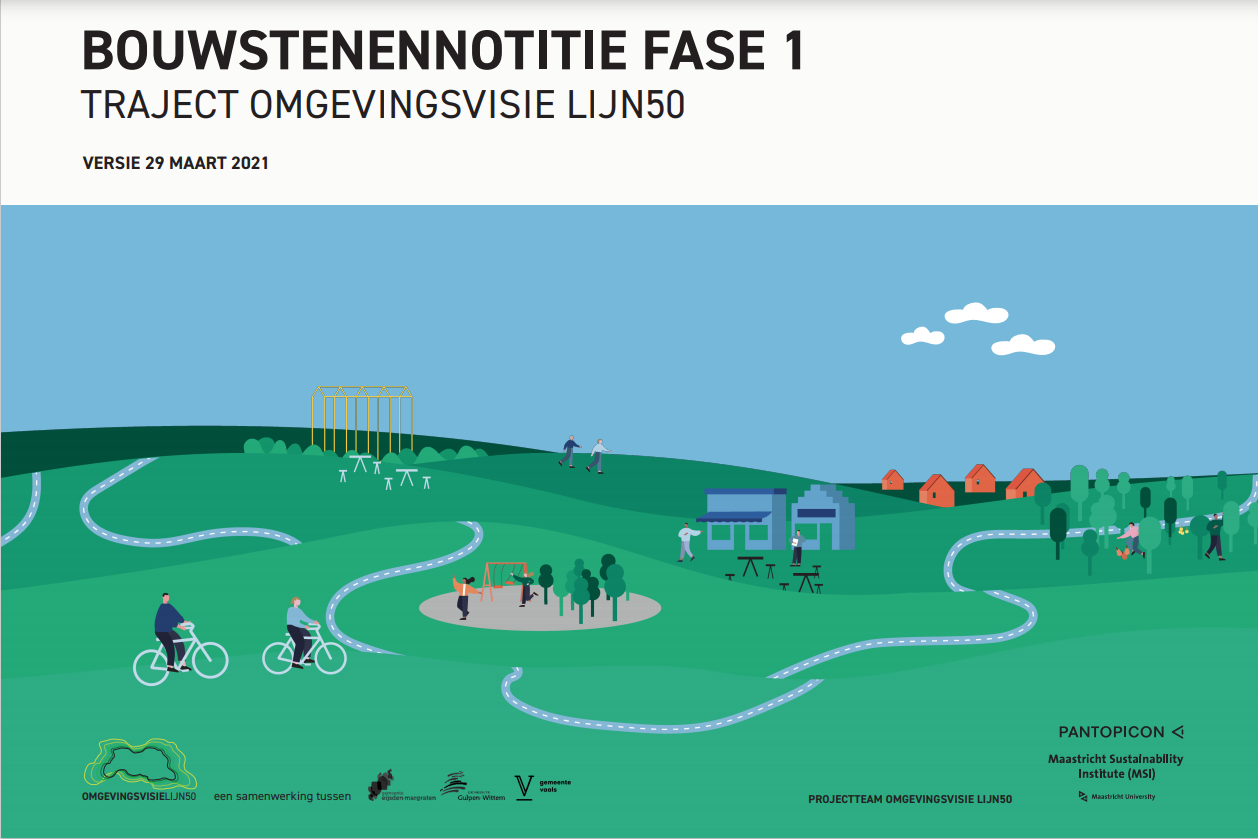A summary of the Amazone study protocol
Rationale
Surviving breast cancer does not necessarily mean complete recovery to a premorbid state of health. In the past decade it became clear that cancer survivorship is a new diagnosis for patients with complex patterns of somatic and psychological distress requiring continuing complex medical care. Amongst these, persistent pain after breast cancer treatment (PPBCT) with a prevalence of 15-65% is probably the most invalidating, increasing survivor’s symptom burden and negatively affecting mood, sleep, daily activities, and quality of life. Once chronic, PPBCT is difficult to treat and requires a complex individualized multidisciplinary approach. Multiple individual and cancer treatment related risk factors for PPBCT have been identified in the past decades. Studies aiming to prevent PPBCT by modifying its somatic risk factors have not yet led to a significant reduction of PPBCT prevalence. Virtually NO studies have been performed to modify psychological distress before surgery with the aim of preventing persistent pain, even though for years studies about prevention persisting pain after surgery in general and PPBCT in particular have been suggesting the necessity for such an approach.
Objective
This study is designed to examine the preventive effect of pre- and postoperative psychological therapy on the development of PPBCT, specifically targeting patients with high levels of anxiety and/or pain catastrophizing. Treatment will be offered online, increasing accessibility and feasibility of participation in an emotionally and physically burdened time period.
Study design
The study is designed as a multi-center randomized controlled trial, with an additional control arm. Based on the answers in given in the baseline questionnaire, 138 Patients undergoing surgery for breast cancer will be randomized to one of two types of psychological intervention, and the remaining patients will undergo treatment as usual (Control). All patients are followed for 12 months.
Study population
Women undergoing unilateral surgery for breast cancer, aged above 18 years.
Intervention
Five sessions of internet-based psychological therapy starting one to two weeks before surgery until six weeks after surgery.
Main study parameters/endpoints
Prevalence of significant PPBCT (NRS ≥3) at six months
Nature and extent of the burden and risks associated with participation, benefit and group relatedness
Patients scoring high for anxiety will be randomized to one of two types of psychological intervention: one consisting of reducing uncertainties by providing information about surgery and a healthy lifestyle and the other aiming at dealing with anxiety and negative cognitions. As the interventions are web-based, patients can use them wherever they are and also repeat sessions at their own discretion.
The non-randomized control group will receive treatment as usual (TAU) and will be asked to complete web-based questionnaires. In addition all randomized and non-randomized participants will be asked to participate in pre- and postoperative pain sensitivity testing (QST/CPM).
The burden consists of filling in online questionnaires (4 x 20 min), participating in QST/CPM assessments (2 x 90 minutes, 1 x 30 minutes) on a voluntary basis and for the intervention groups of the use e-CBT or web-based education in the perioperative period (5 x 60 minutes) and three short appointments with a therapist of 20-30 minutes each.
Benefit for patients in the psychological intervention group is a charge free psychological therapy potentially lowering the risk of persistent pain and other complications of breast cancer treatment.
If the treatment is effective, the developed web-based treatment can be offered to all breast cancer patients.
This project is unique in that it intervenes at a time point before persistent pain and other symptoms have established.
Because this is a single blind study, detailed information is available on request for professionals. Please mail to: fpn-amazone@maastrichtuniversity.nl.
Twee behandelingen
Er zullen twee verschillende behandelingen worden vergeleken met de gebruikelijke postoperatieve begeleiding.
Therapie A is gericht op het omgaan met angst. Door middel van concrete oefeningen leert u naar uzelf te kijken en om te gaan met emoties en gedachten. Behandeling B is gericht op het wegnemen van en omgaan met onzekerheden. Ook geven we u leefregels voor de periode na de operatie. Welke behandeling aan u wordt aangeboden, wordt per lot bepaald (zie schema hiernaast).
Als de behandelingen effectief blijken te zijn kunnen deze via internet toekomstig aan alle vrouwen die een borstkankerbehandeling ondergaan worden aangeboden.
We hopen dat u mee wilt helpen bij de verbetering van het herstel na borstkankerbehandeling. Wij hebben op dit moment nog 48 deelneemsters nodig voor één van beide behandelgroepen.
Wilt u deelnemen aan de AMAZONE studie?
Maak dit svp kenbaar bij uw behandelteam of stuur een mail naar: fpn-amazone@maastrichtuniversity.nl
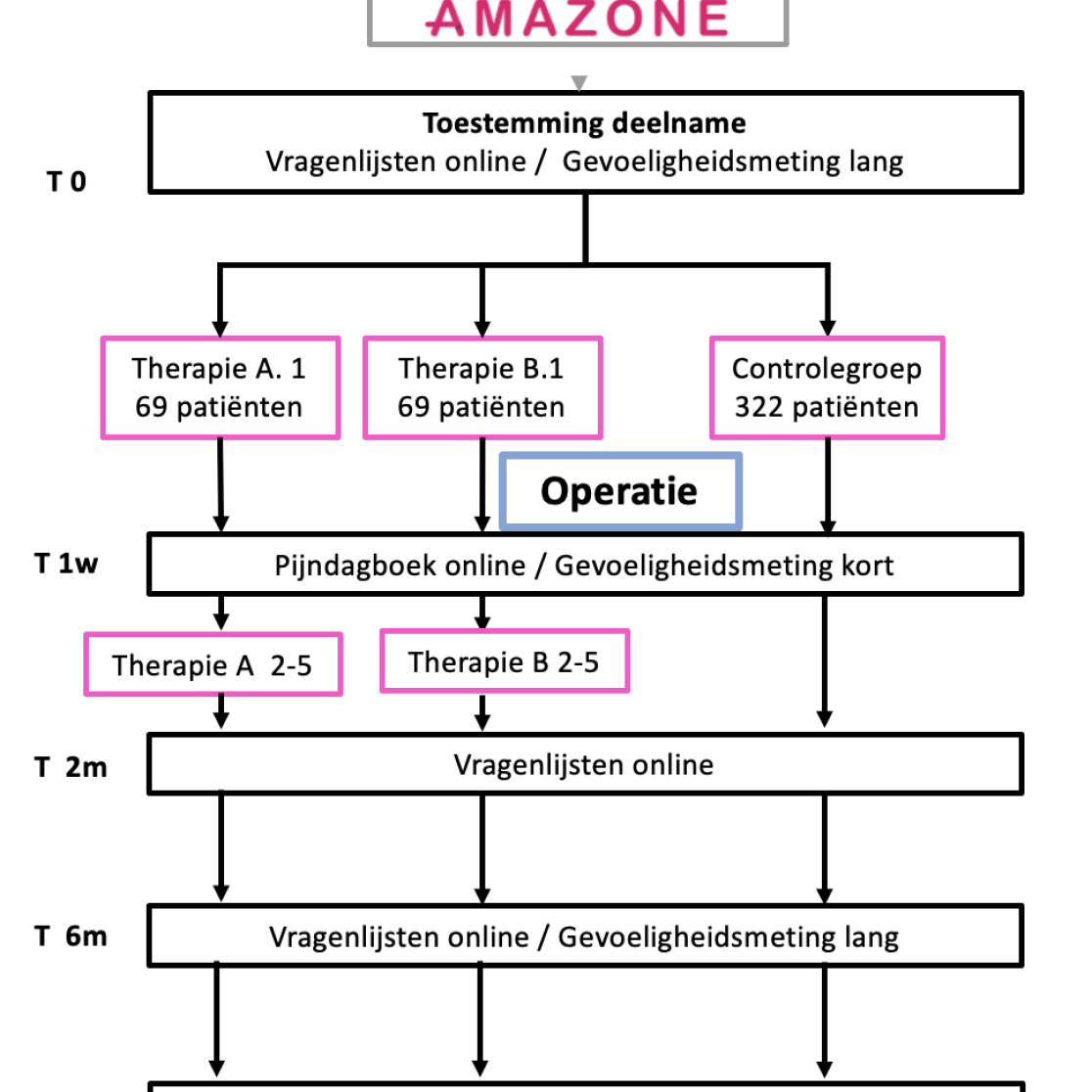

Project objectives
The Interreg project E-TEST is a very important step of the Einstein Telescope, as it will be a proof of concept, both on the prototype side and on the geological side.
- E-TEST will build a prototype – a large suspended mirror at cryogenic temperature (10 Kelvin) – to validate the telescope’s technology.
- E-TEST will also run an underground study to map and model the geology of the Euregio Meuse-Rhine.
This will allow to define the optimal design and location of the future Einstein Telescope.
This project is a major scientific breakthrough but will also have a significant economic impact on SMEs in the Euregio Meuse-Rhine.
The Einstein Telescope is an advanced gravitational-wave observatory, currently in the planning stage, that will open a new window on the Universe. Its infrastructure will be buried 300 meters below the surface to reduce human-, wind- and ground-induced vibrations and movements.
The Euregio Meuse-Rhine (EMR), border region between the Netherlands, Belgium & Germany, is being considered as a possible location. This is because of its tranquillity, stable ground and strong ecosystem of scientific institutions and high-tech companies.
Interreg and EU support
- Interreg is the European Union’s tool to support cross-border projects which otherwise would not be carried out.
- The Interreg V-A Euregio Meuse-Rhine (EMR) programme invests almost EUR 100 million in the development of our region until the end of 2020.
- The E-TEST project is carried out within the framework of the Interreg V-A Euregio Meuse-Rhine Programme, with € 7,5 million from the European Regional Development Fund (ERDF).
- By investing EU funds in Interreg projects, the European Union is investing directly in economic development, innovation, territorial development, social inclusion and education in the Euregio Meuse-Rhine .
The partners
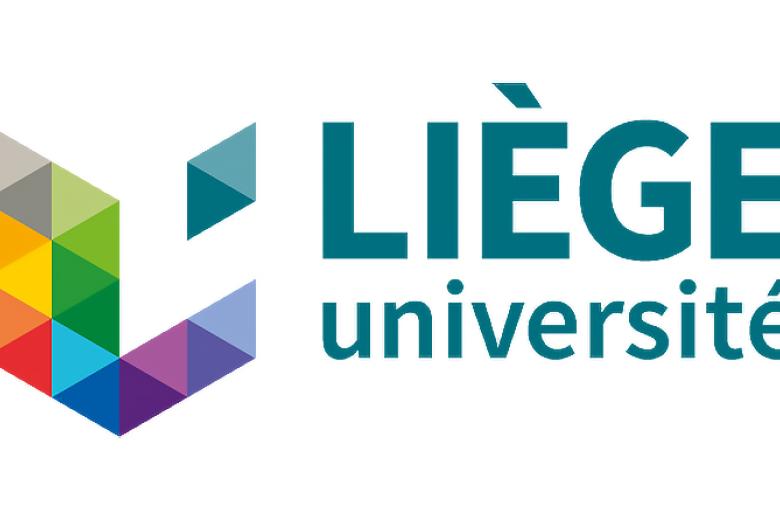
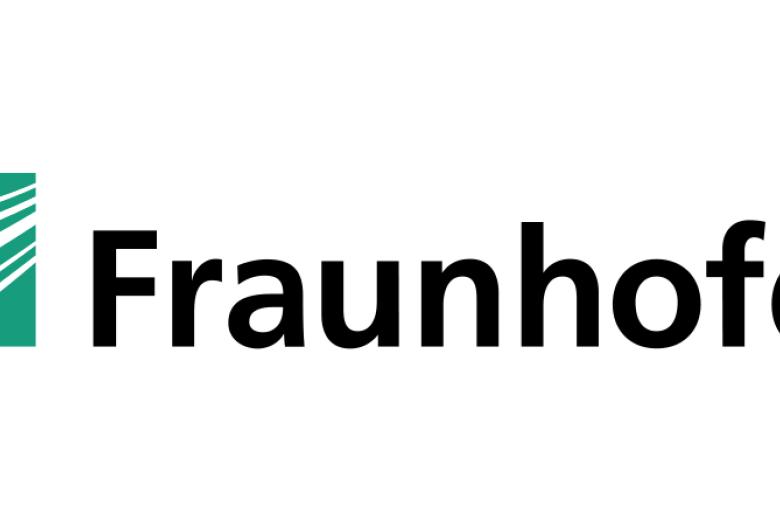
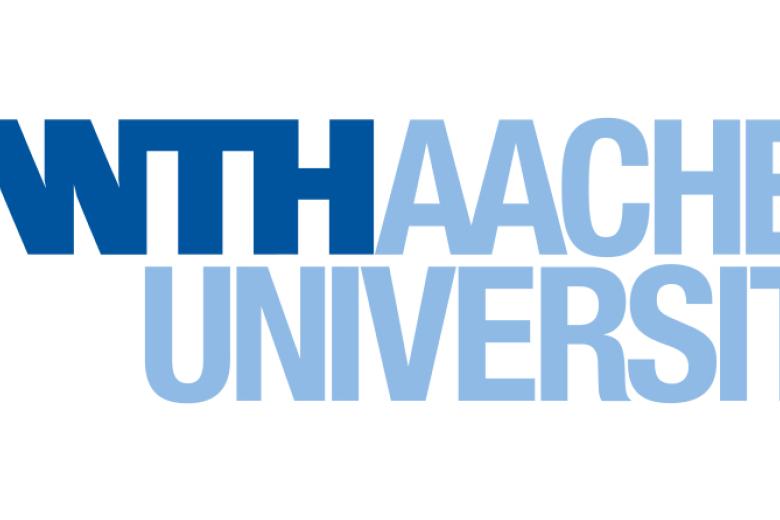
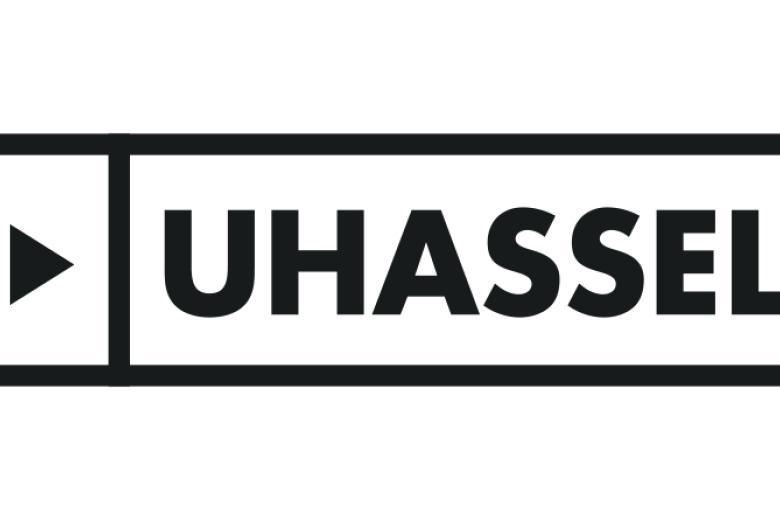
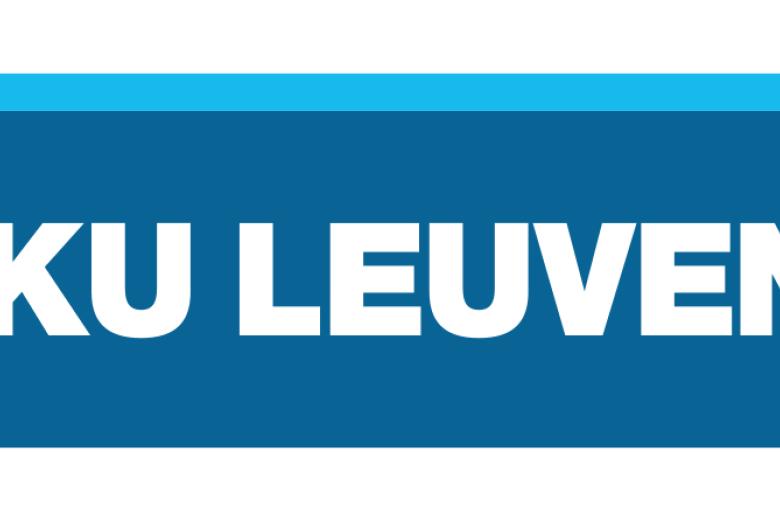
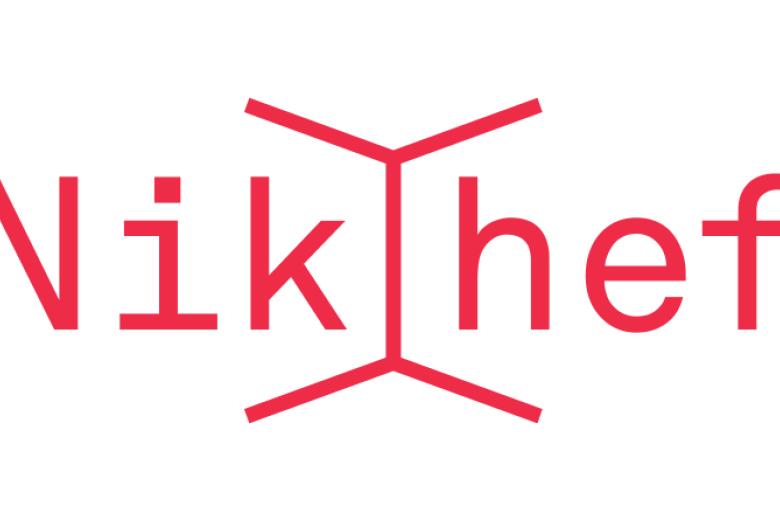
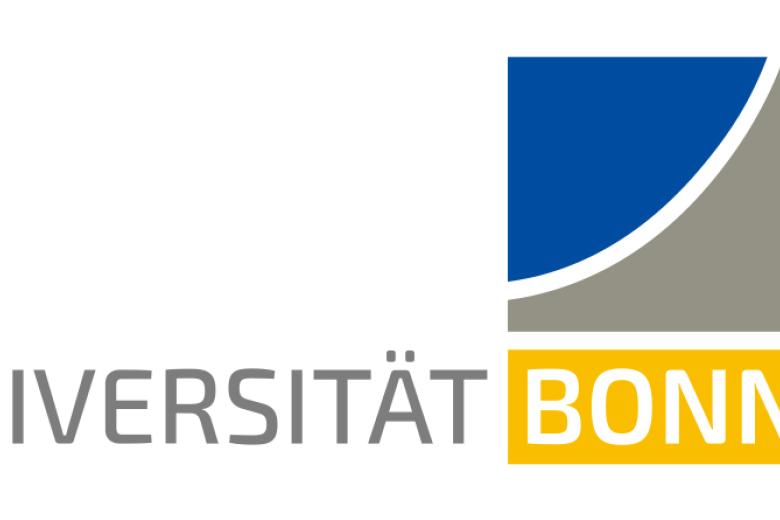

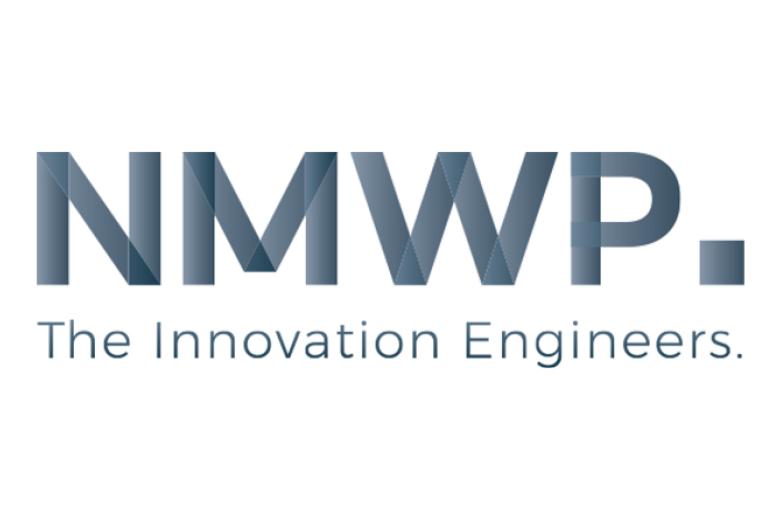
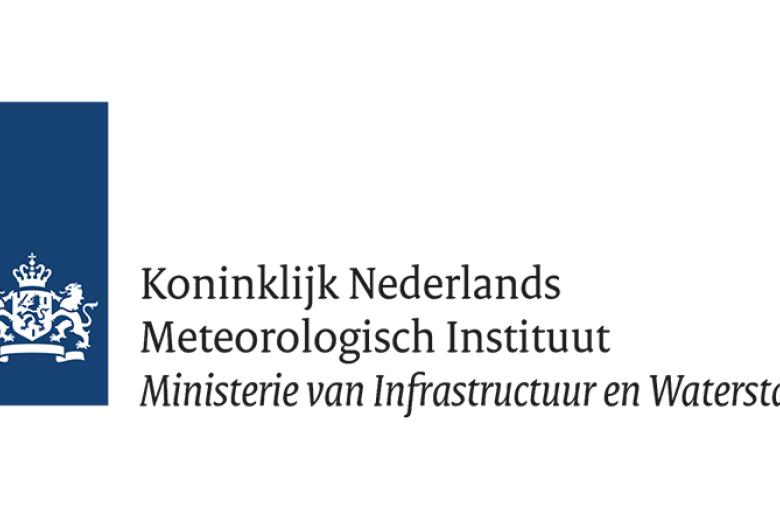
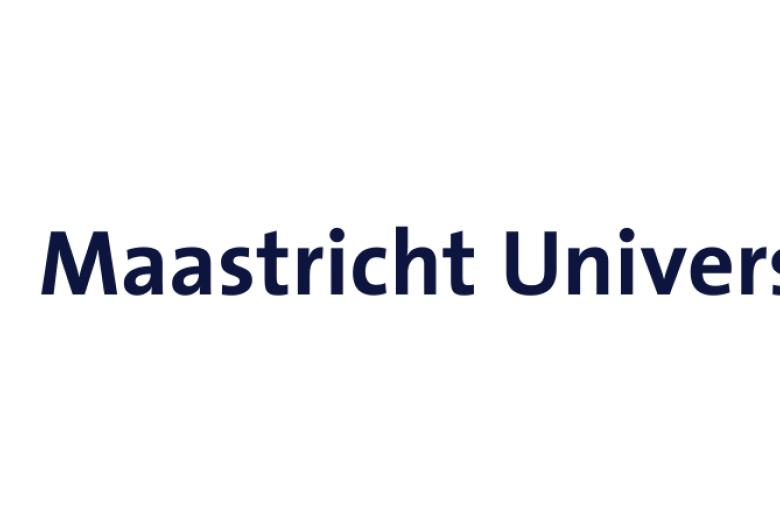
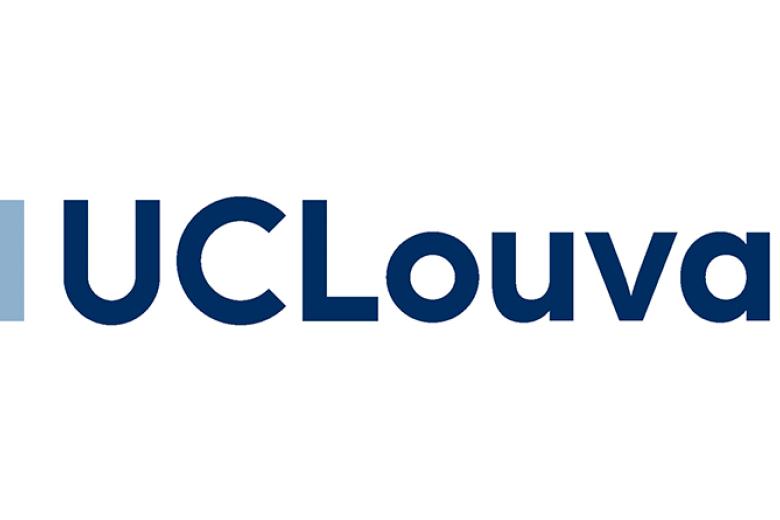
The financiers
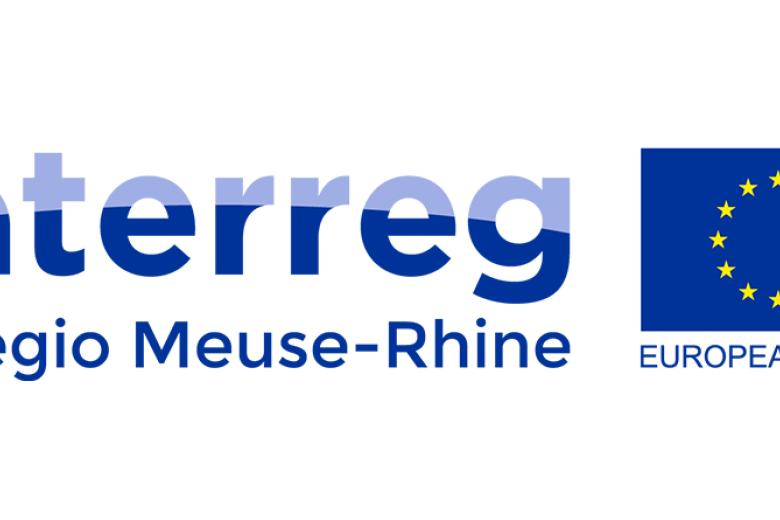
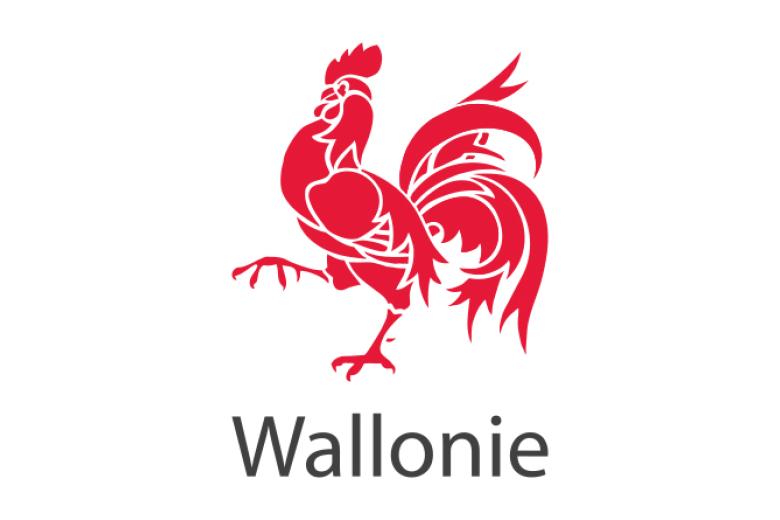
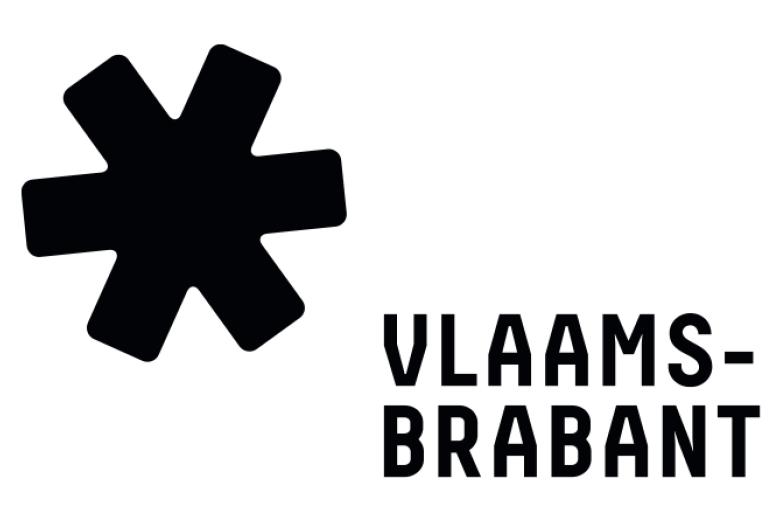
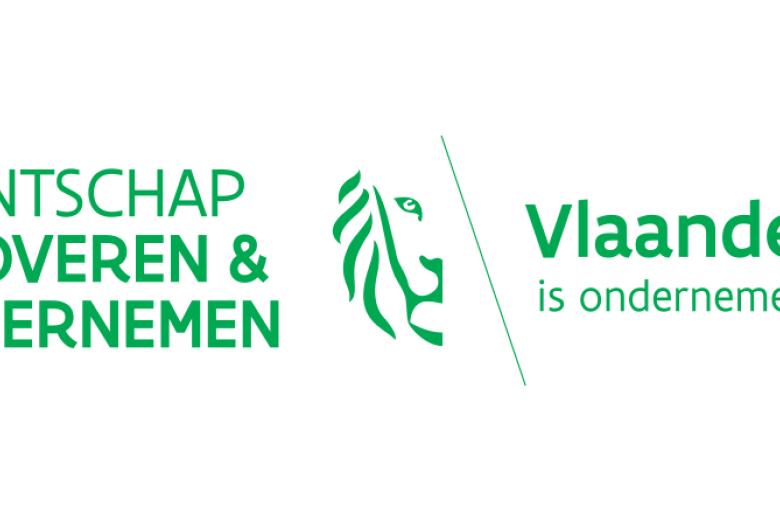
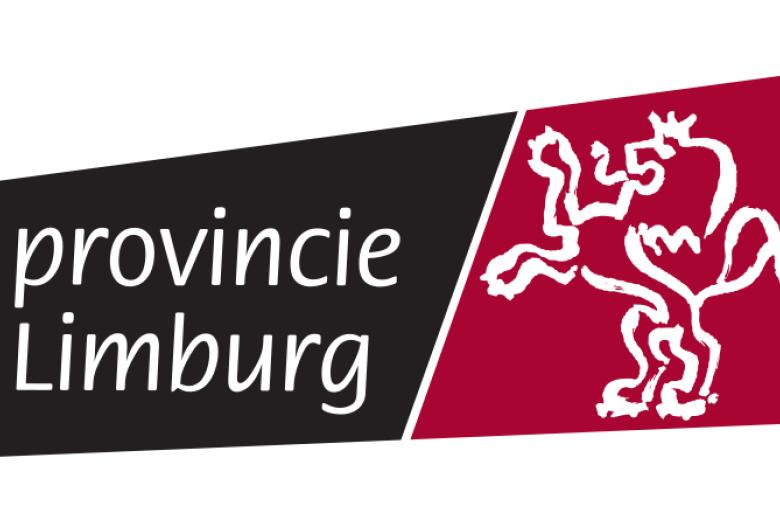
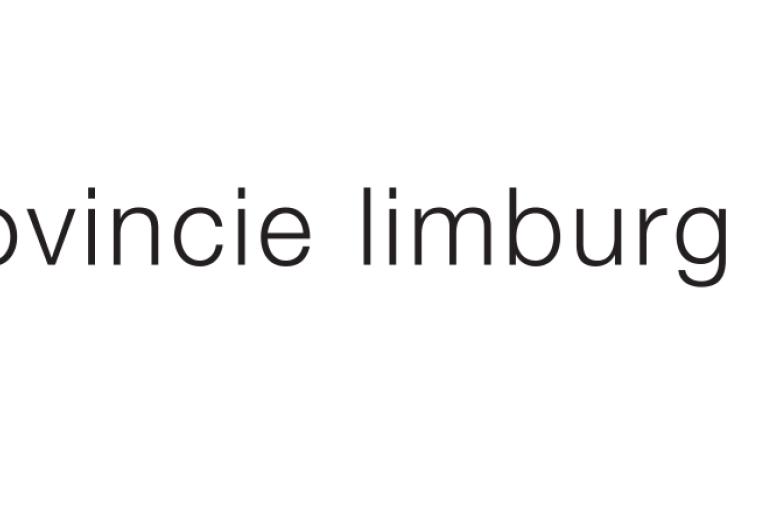
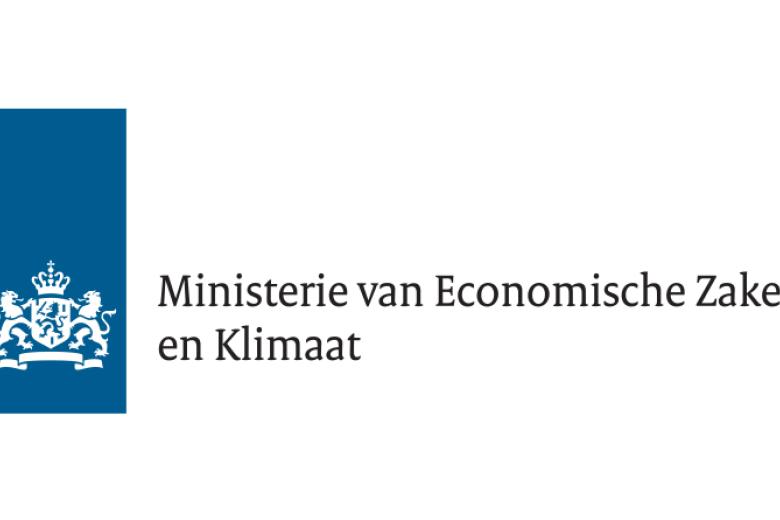
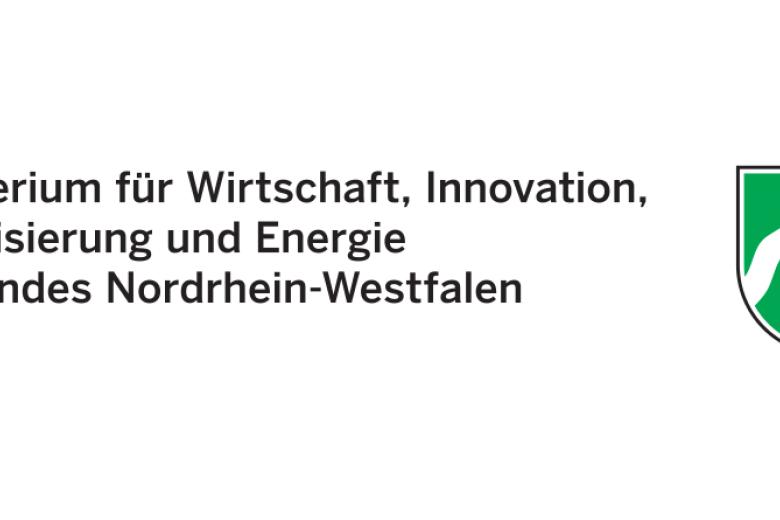


Introduction to New-B
A brief introduction to New-B’s structure and goals.
This module includes
Overview of New-B content
Introduction to the learning experience
Introduction to the faculty leaders
Introduction to law
In this module you will learn about what law is and you will be introduced to various fields of law. Additionally, this module provides structure regarding different sources of law.
Lessons include
What is law?
Sources of law
Fields of law
Introduction to comparative law
This module deepens your understanding of comparative law and its practical importance. You will learn how the structure of the EU leads to a multilayered system resulting in different and various kinds of law. This module also includes an introduction on the differences between common law and civil law jurisdictions.
Lessons include
What is comparative law?
What are the benefits of comparative law?
How does the comparative method work?
Introduction to International and EU law
You are introduced to international and EU law.
Lessons include
Key concepts of international and EU law
History and development of international and EU law
Relationship between international and EU law
Introduction to legal skills
You are introduced to the legal skills you will learn throughout the European Law School bachelor. This includes how to utilise legal databases, how to develop legal argumentation on the basis of statutes, and how to read a court judgment.
Lessons include
Introduction to legal databases and sources
How to read a court judgement
How to analyse statutes
Problem Based Learning (PBL)
Maastricht University has chosen PBL as its method of learning. In this module, you will learn how PBL works and how to incorporate it throughout your learning experience.
This module includes
Introduction to PBL
PBL in practice
Study skills
Career options
You are given insights into the potential career options and guidance on your next steps after the European Law School.
This module includes
Overview of career paths available after graduation
Examples of pathways to become a lawyer after ELS
Opportunity to reflect on your own vision for your future
UM Says No to Tobacco event - evaluation form
The new Dutch Environment and Planning Act (‘Omgevingswet’) aims for more integrated policy to be developed in a participatory way. To support the so-called LIJN-50 municipalities Vaals, Gulpen-Wittem and Eijsden-Margraten in South Limburg, the Netherlands, the Maastricht Sustainability Institute and Pantopicon (a foresight and design studio in Antwerp) explored the potential of the region towards 2050 by means of a foresight study. To this end, the following activities were carried out. Firstly, an analysis of current policy at local and regional level. Secondly, a public consultation by means of an online survey, to which more than 1,000 residents gave their valuable input. Finally, high-profile entrepreneurs, out-of-the-box thinkers, and civil servants were questioned about their vision and opinion. The research resulted in a report (‘Bouwstenennotitie’) that was well received by the councils and administrations of the three municipalities, and which will be a starting point for a future-oriented development vision for the region.
More information: Nicole Rijkens (n.rijkens@maastrichtuniversity.nl, nicole@pantopicon.be) and Ron Cörvers (r.corvers@maastrichtuniversity.nl)
